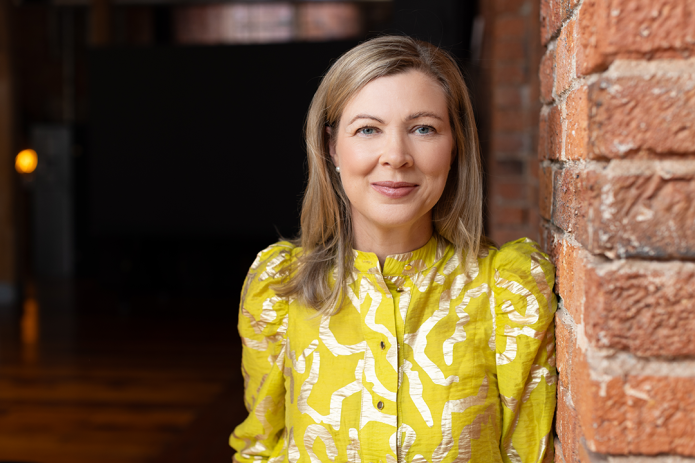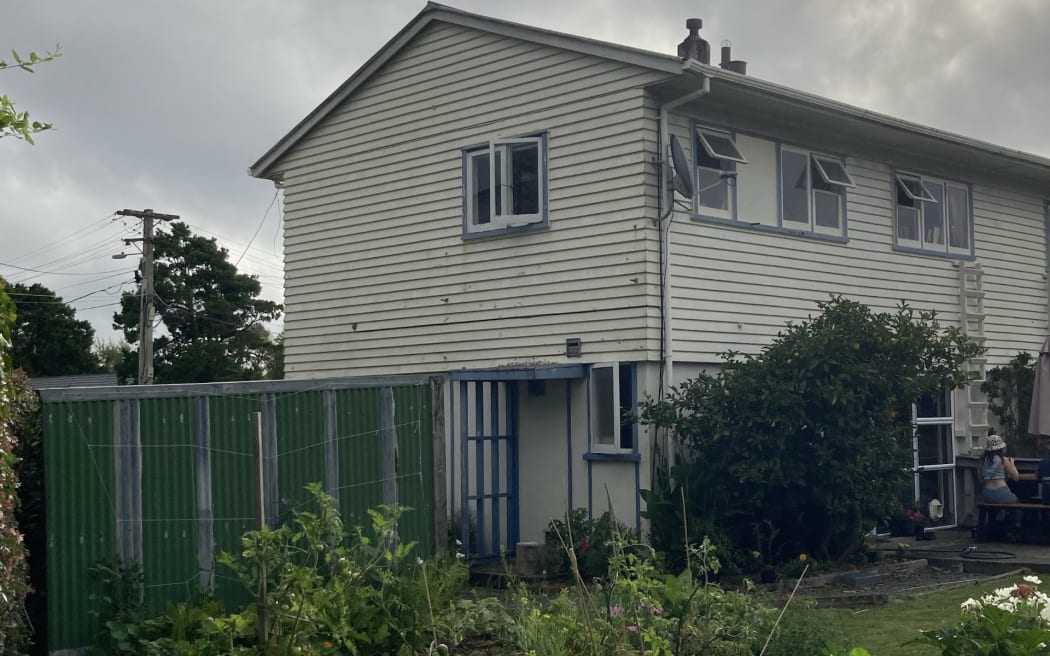PHOTO: RAWPIXEL
When Jessie Moss and her family purchased their first home, it seemed like a great deal. However, a downturn in the housing market has now erased their deposit.
They are among roughly 2000 first-time homebuyers who have seen their equity vanish due to falling house prices.
In November 2021, Moss and her family bought a three-bedroom former state house in Waiwhetū, Lower Hutt, for $743,000, with a 20 percent deposit sourced from savings, KiwiSaver accounts, and family loans. At the time, the market valued the house at $860,000, with similar homes in Lower Hutt fetching as much as $900,000 in neighborhoods like Naenae and Taitā.
But soon after their purchase, the market began to slow.
A year later, their home’s value plummeted to $560,000, just as they were about to refinance their mortgage amidst rising interest rates.
Thousands of first-home buyers now have little or no equity | WATCH
“Our house is now worth 19.9 percent less than what we paid, leaving us among 2000 first-home buyers without a deposit and forced to pay exorbitant prices for a house that isn’t worth it,” Moss explained. “We’re stuck. While we don’t plan to move, we can barely afford basic maintenance. Our weekly mortgage payments have surged by 30 percent from $675 to $888, plus insurance and rates push it to $1000 weekly.”
The family manages only because their income increased by 30 percent over the same period. Moss, who had been on a fixed-term teaching contract, switched to another role, which has been their saving grace. “If I were still teaching, we’d be forced to sell by now. We need a new roof and external painting, but there’s no way we can borrow for that. We just hope the roof doesn’t start leaking.”
Photo: Supplied
Faced with few options, they are determined to stick it out. “If things get worse and interest rates keep climbing without any economic relief, we might feel like giving up, but we wouldn’t even have a deposit for a rental. It’s not really an option.”
The family hopes nothing goes drastically wrong with the house. “We can’t afford the roof to give in or the weatherboards to rot. There’s no buffer. If anything major happens, we’ll have to rely on family for help. We can’t get additional loans to maintain this expensive asset.”
Moss reflects on their unfortunate timing, noting that if they had waited to buy, they might not have qualified for a home loan under stricter lending conditions. “It’s hard not to feel frustrated. The only hope for us is a drop in interest rates. The house’s value won’t increase for years, so we need to make it affordable and the best it can be while we’re here.”
Their situation highlights the volatility of the housing market. “A few months’ difference can vastly change your circumstances for years to come.”
Moss notes that renting the house would cost $600 to $700 a week. “We’re paying well above rental rates. When we bought the house, it felt manageable, with the mortgage slightly above rental costs when factoring in insurance and rates. Now it feels ridiculous.”
SOURCE: RNZ














